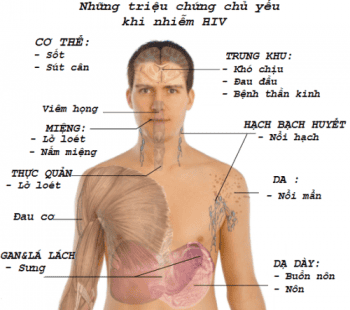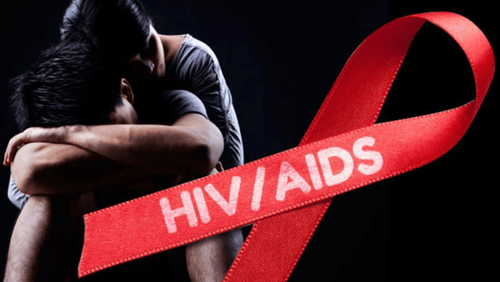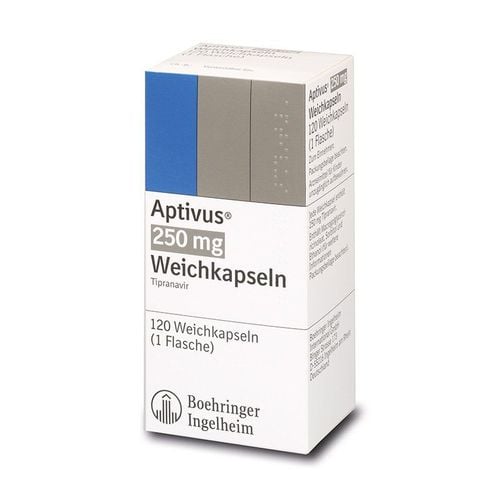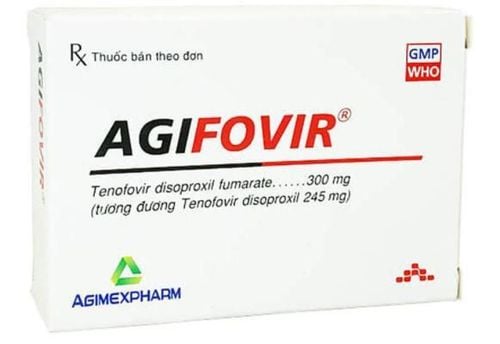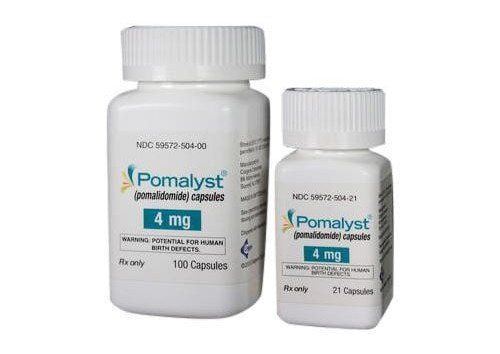This is an automatically translated article.
The purpose of HIV testing method is to help find antigens (Antigen) or antibodies (Antibody) against HIV virus. However, HIV testing is not always accurate.
1. Who needs an HIV test?
HIV virus enters the body, attacking white blood cells in the body's immune system. HIV uses the genetic material of white blood cells to multiply and multiply, the process goes on and on, and they weaken the body's natural defenses and over time make them sick. The immune system is severely damaged.
As an incurable disease, there is no vaccine and only antiviral treatment to limit the progression of the disease to prolong the life of the patient. So who should get tested for HIV as soon as possible?
Both men and women aged 13–64 should get tested for HIV at least once. If unfortunately infected with HIV virus, early detection will help you prepare better mentally for treatment and take measures to prevent HIV transmission to others.
For people at higher risk who should get tested more often and who are one of the following, you should get tested for HIV as soon as possible:
People who have sex with people (especially homosexuals) male). Have had multiple anal or vaginal sex with an HIV-positive person. Sharing needles or other items such as water or medical cotton with others. Have ever sold sex and been diagnosed or treated for another STI. Have been diagnosed or treated for tuberculosis or hepatitis. Have had sex with someone with at least one of the above characteristics. Women before and during pregnancy should be tested for HIV to prevent the risk of transmitting HIV to the baby.

Người có quan hệ đồng tính cần xét nghiệm HIV
2. Purpose of HIV testing
The purpose of HIV testing method is to help find antigens (Antigen) or antibodies (Antibody) against HIV virus.
Some key methods for HIV testing include:
Rapid HIV ab test: This can be done as early as 3 weeks onwards. Nucleic acid test (NAT): This test looks for the actual HIV virus in the blood. This test is usually quite accurate in the early stages of HIV infection. HIV antigen/antibody test: This test looks for both HIV antigens and antibodies. Antibodies are produced by the immune system when the body is exposed to the cause of the disease (HIV virus). An antigen is a foreign substance that enters the patient's body and activates the natural immune system. Antibody tests: Most rapid HIV tests or kits that you can do at home are antibody tests. This test looks for HIV antibodies in the blood or body fluids.
3. HIV testing milestones to note
When HIV exposure is suspected, the best method to detect the disease is testing. However, many people wonder if the HIV test after 8 weeks is accurate or is the HIV test after 4 months accurate? Because the test does not always give accurate results. Therefore, the most accurate HIV test time to detect the HIV virus is very important in the treatment and prevention of infection for the community.
According to experts, the milestones for HIV testing include:
1st time: Testing immediately after the time of risky behavior to determine that the patient has not been infected with HIV before. 2nd time: After at least 1 month after the risk of infection. Avoid getting tested too early because this is when the body has not yet appeared the virus that causes the disease. 3rd time: If after 4 months the test results are negative, the patient should be tested for HIV 12 weeks after the time of the risky behavior. 4th time: If the HIV test result after 12 weeks is negative, the patient should be tested for 1 more time after 6 months from the time of the risky behavior. If the result is still negative, it is certain that the patient has not been infected with HIV since the time of the risky behavior. However, the most accurate time to detect HIV virus is usually 3 to 6 months after exposure. Because at this time, the patient's body begins to produce antibodies against the virus that causes the disease. Patients should also have a complete physical examination to assist in the diagnosis of immunocompromised conditions or a history of other immune diseases,...
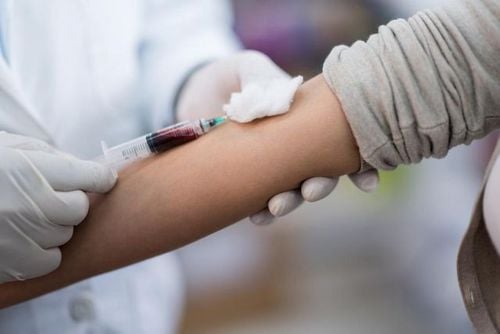
Xét nghiệm HIV là phương pháp tốt nhất giúp phát hiện bệnh
Note: Please learn about the disease carefully, observe the abnormal signs of the body. When suspected of being infected, do not worry too much, but go to a reputable testing place. In addition, before taking the test, it is necessary to stop using the medicine to treat the disease. Do not use alcohol or stimulants because they affect the results.
4. What do HIV test results say?
HIV negative result: When you receive this result, there are no antibodies against HIV in your blood. This result indicates that there is no HIV infection or the case is in the period of exposure. Also note that the "window" period has not been ruled out, so you need to strictly adhere to the test timelines mentioned above. Positive result: This is a result that no one wants, because when receiving this result, the body has been infected with antibodies against the HIV virus. That is, you really have the disease if after 3 tests are positive. Unknown result: This is also one of the most common but rare results. Usually when receiving this result because the patient is in the "window" stage, the disease has not been detected. Or the patient is taking any medication that affects the test results. In this case, the doctor advises on additional steps to clearly determine the HIV status. Vinmec International General Hospital offers a package of Examination and Screening for social diseases to help customers detect diseases early and have effective treatment and prevent dangerous complications. The screening package for social diseases at Vinmec is for all ages, both men and women.
To register for examination and treatment at Vinmec International General Hospital, you can contact Vinmec Health System nationwide, or register online HERE.
MORE:
3 HIV transmission routes HIV in children: What you need to know Symptoms of HIV by stage




